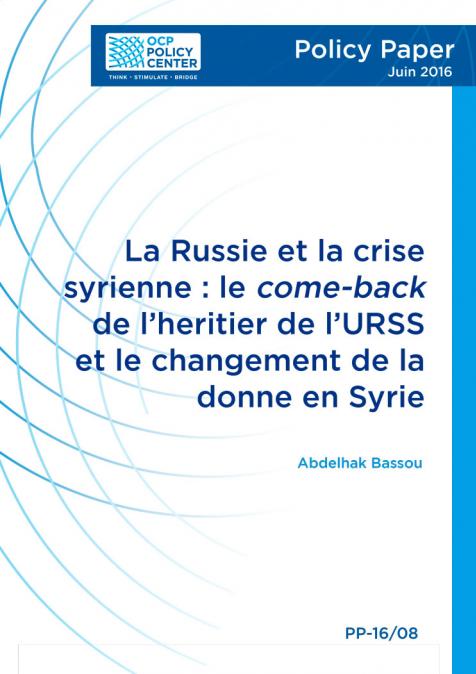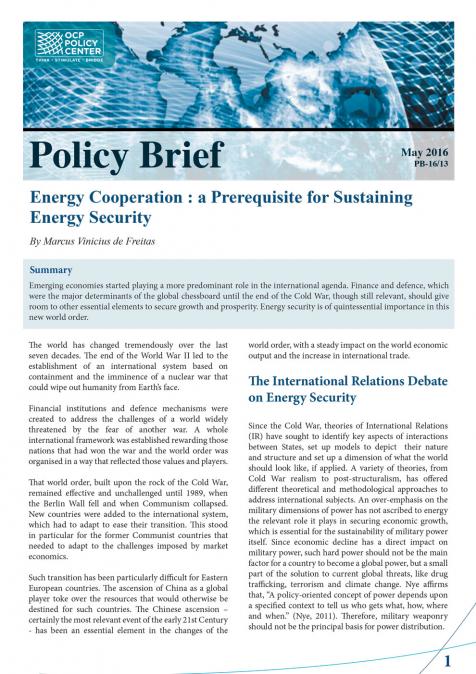Publications /
Opinion
War has started again in the Caucasus, a region between the Black Sea and the Caspian Sea consisting of Armenia, Azerbaijan, Georgia, and parts of Southern Russia. It is a kind of mountainous border between Asia and Europe, in a region with vast oil resources that was conquered by Russia a few hundred years ago. The fighting that has erupted is over an enclave known as Nagorno-Karabakh, a remote territory without strategic value that is nevertheless, as writer Andrew Higgins concluded in the New York Times (October 4), “the center of the most enduring and venomous of the ‘frozen conflicts’ left by the collapse of the Soviet Union”. Nagorno-Karabakh has 100,000 inhabitants, predominantly Armenians, and is located within the borders of Azerbaijan and controlled by factions with close ties to Armenia’s capital Yerevan. Relations between the two former Soviet republics, which together have fewer than 13 million people, have been tense since 1991, when Armenian military forces occupied Nagorno-Karabakh, which is internationally-recognized as a territory of Azerbaijan, a mainly Muslim nation.
The current fighting marks the worst round of violence since the early 1990s when as many as 30,000 people were killed and thousands were displaced before a 1994 ceasefire brought a fragile peace to the Caucasus. Moscow has signed a formal security alliance with Armenia, but is also delivering arms to its neighbor Azerbaijan. Turkey is a supporter of Armenia’s enemy in Azerbaijan’s capital Baku, which also receives military hardware from Israel and F-16s from Washington. Azerbaijan has not only established a giant pipeline connecting its oil resources with Turkey, but has established notably close relations with Israel and occasionally is at odds with Iran, which publicly denied allegations that the mullahs were sending assistance to Armenia, which lacks economic resources and military hardware, unlike its enemy.
The Middle East research newsletter Al-Monitor (October 5) reported: “As Turkish-Israeli relations go from bad to worse, both Ankara and Jerusalem are backing Azerbaijan in the conflict. Armenia recalled its ambassador to Israel because of Israel’s selling arms to Azerbaijan.” When the battle began, Ankara deployed its drones and, allegedly, transferred a couple of thousand mercenaries from Syria to the front line. American made F-16s attacked targets around towns including Stepanakert, the main city in the contested enclave, which is also known as the republic of Artsakh. Armenia targeted the enemy’s second city, Ganja, which is located near oil and gas pipeline terminals. It is a diplomatic, political cacophony, which may develop into a global conflict, since Russia may be obliged to employ troops to aid Armenia, thus confronting fighters financed by Ankara. Azerbaijan’s military issued a statement that its objectives were to shift the status quo by seizing territory from the enclave. Armenia’s Prime Minister Nikol Pashinyan alerted U.S. President Donald Trump’s national security adviser Robert O Brien by phone, asking why Washington was tolerating Turkey, its NATO ally, hitting Armenian targets with U.S. fighter jets. Possibly the U.S. President was still trying to recover from his COVID-19 infection. Heavy fighting continued in the Caucasus, a ceasefire agreement was ignored, members of the Minsk Group, established in 1992 by the Conference on Security and Cooperation in Europe, deplored the fighting, considered as an unacceptable threat to the stability of the region. Yet rockets were aimed at villages, artillery fire exchanged, fighter jets hit civilian targets. With Turkish President Recep Tayyip Erdogan allegedly sending jihadist groups into the battle, the Turkish President crossed “a red line”, declared his French counterpart Emmanuel Macron, who is also opposing Erdogan’s actions in Libya.
‘Putin and Erdogan Are no Longer Speed Dialing Each Other’
According to Andrew Higgins in the New York Times (October 6), the “conflict has set off alarms about the risks of a wider war and put the United States, with its large and politically influential Armenian diaspora, in the uncomfortable position of watching Turkey, a vital ally, deploying F-16 jets in support of Armenia’s enemies”. If the conflict spirals and spreads to flash points far from Nagorno-Karabakh, analysts suggest it raises the possibility of Russia and Turkey pitted in yet another proxy war.
Even more complicated, noted the New York Times (September 30): “At the same time, the countries kept up trade ties and cut natural gas deals and Turkey bought anti-aircraft missiles from Russia, angering the United States”. A Turkish news agency reported that Turkish-made drones had hit targets in Nagorno-Karabakh “raising the specter” warns Andrew Kramer, “of a proxy battle in the enclave”. Trespassing into former Soviet territory with arms “is not something Russia will look kindly at”, said Dmitry Trenin, director of the Moscow Carnegie Center. Nick Paton Walsh insisted in the CNN newsletter (October 5) that Putin and Erdogan “are no longer speed dialing each other. Erdogan has left Putin in perhaps his most delicate spot in years”. Moscow is deeply involved in conflicts in Libya and Syria, is dealing with a crisis in neighboring Belarus, whose dictator is threatened to lose power to a democratic movement. Recep Tayyip Erdogan is threatening to intervene for as long as needed in the Caucasus crisis: “As Turkey, with all our means and with all our heart, we stand with fellow and brother Azerbaijan and we continue to stand with it, God willing, until Nagarno-Karabakh is liberated from invasion, this struggle will continue” (Washington Post Newsletter, ‘Today’s world view’, October 5). Intervention by Ankara, writes Fehim Tastekin (Al-Monitor, October 3) “risks escalation with Russia. If Moscow comes to believe that Ankara has ulterior motives, such as expanding its Turco-Islamist influence to the South Caucasus as part of Erdogans’s neo-Ottoman ambitions, it won’t stand idle”.
For Armenia’s Prime Minister Nikol Pashinyan, the current fighting poses an “existential threat” because of the role of Turkey, whose precursor, the Ottoman Empire killed an estimated 1.5 million Armenians at the end of the First World War. Political analyst Amberin Zaman claimed in the Al-Monitor newsletter (October 3), that Azerbaijan’s military action “was not sparked by accident but was preplanned by Azerbaijan and its regional ally Turkey”. Zaman’s analysis is that Turkey’s all-in support, including providing arms and training, can allow Erdogan “to claim credit for winning back Azerbaijani territory, however little, [which] would be an enormous boost to his droopy poll numbers in the midst of a looming economic crisis”.
The opinions expressed in this article belongs to the author.









